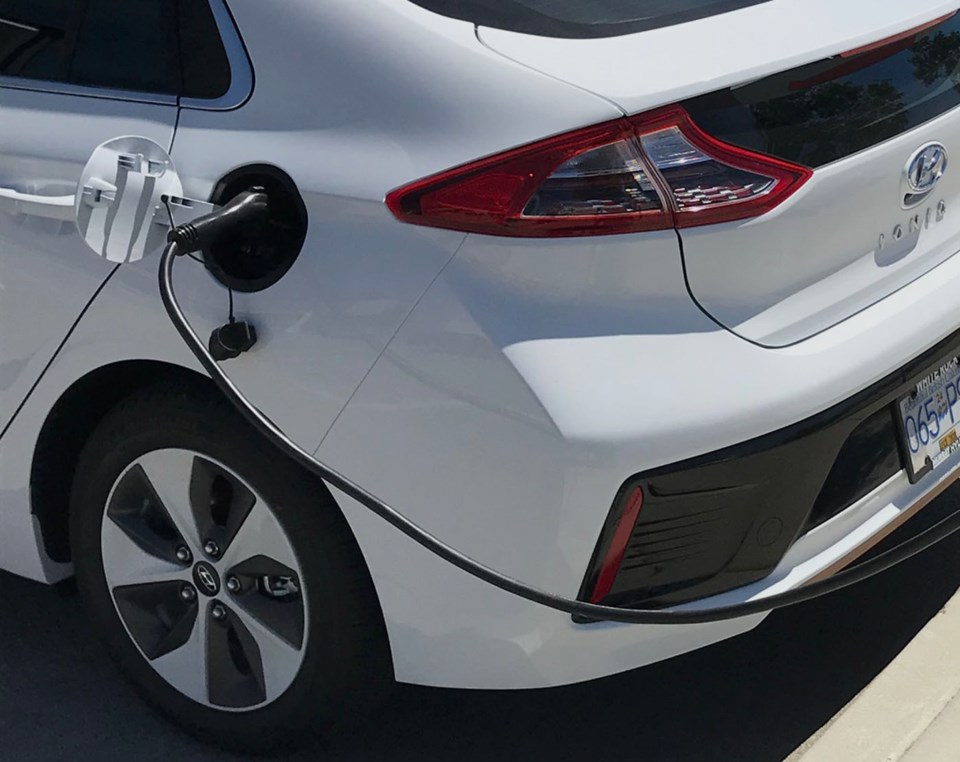The days of having a free EV charge in Delta will soon end.
Council this week approved a staff recommendation to implement a fee for city-owned electric vehicle charging stations in a cost recovery effort.
Aimed to be similar to other municipalities, the fee structure will see Level 2 stations charge $2 per hour for the first two hours and $5 per hour after that.
While Delta currently does not have Level 3 stations, those would have an $8 per hour fee for 25 kW and $16 per hour for 50 kW.
A staff report notes Delta's Level 2 charging stations are popular.
From Jan. 1 through Nov. 15 2021, there were 18,774 charging sessions for all charging stations combined. The stations at the North Delta Arts Centre are the busiest.
The DC Fast Charge station at South Delta Recreation Centre is owned and operated by BC Hydro.
The report notes the city will have installed 10 new dual-point charging stations by the end of 2021 and that will approximately triple the operational cost of Delta's charging stations compared to 2020 costs.
At an average use of six hours per day, it is expected that the capital costs for installing a Level 2 charging station could be recovered in approximately four-to-five years at a rate of $2 per hour and accounting for operating costs.
The city has also submitted a funding application for a Level 3 station at the George Mackie Library in North Delta.
That application also included 20 more Level 2 stations that would be installed at civic facilities in Tsawwassen, Ladner, Tilbury and North Delta.
If the funding application is successful, the stations would be installed in 2022.
As far as the two-hour time limit by Delta, the report notes other municipalities have found that charging fees encourages users to abide by posted limits and make the stations available for others to use in a timely fashion.



